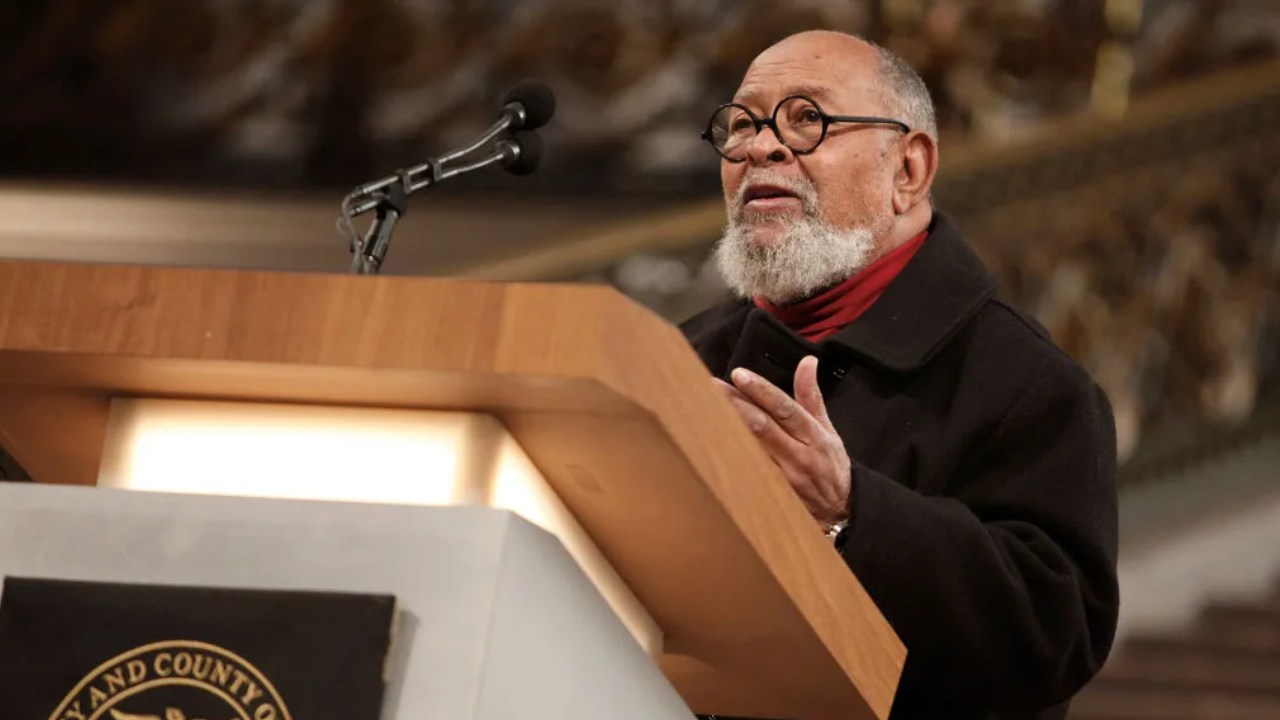The California Legislature has approved a bill authored by state Sen. Nancy Skinner, D-Berkeley, that's designed to end what she says is the dangerous practice of county jails releasing people in the middle of the night.
Skinner said SB 42, called the Getting Home Safe Act, was inspired by the case of Jessica St. Louis, a 26-year-old Berkeley woman who died of an opioid overdose on July 28, 2018, about four hours after she was released from Santa Rita Jail at 1:30 a.m. that day.
"Jessica's death was preventable," Skinner said in a statement. "Releasing people in the dead of night when they may not have a ride or a safe place to go is cruel and unnecessary treatment."
Skinner said SB 42 received overwhelming bipartisan support, as it won approval from the state Assembly on a 65-1 vote and the state Senate on a 35-4 vote. The bill now goes to Gov. Gavin Newsom for consideration.
Under SB 42, jails throughout California must provide people who are eligible for release during evening and nighttime hours with the option of remaining in a safe waiting area, not behind bars, until morning.
Skinner said that for those in custody who choose to be released, SB 42 also requires jails to ensure that the person can call family and friends to arrange a ride home by providing free phone calls or the ability to charge their cellphones.
The bill also requires jails to keep track of how many people they release late at night.
Local
"Women are particularly vulnerable to the dangers of late-night releases, including exploitation by traffickers," Skinner said.
"Incarcerated people deserve safer treatment when they're released. SB 42 will go a long way toward ensuring that when Santa Rita and other California jails release people, they'll have a much better chance of getting home safe," she said.
Alameda County sheriff's spokesman Sgt. Ray Kelly declined to comment directly on SB 42 on Thursday, but said, "We try to minimize midnight releases as much as possible."
Kelly said sometimes that's difficult because Santa Rita is a 24-hour operation in which 40,000 people are booked every year and about 100 people are released every day.
After St. Louis' death last year, Kelly said jail officials can't keep people in custody after they're released and gave her a BART ticket when she left.
Kelly also said St. Louis had a cellphone and had access to phones while she was held in jail for 11 days for arrest warrants for various cases so she had time to arrange transportation for herself.
Alameda County court records indicate that St. Louis was charged with felony grand theft for an offense on Nov. 16, 2017, and she entered a not guilty plea on June 15, 2018.
Court records also indicate that she was charged with two misdemeanor counts of second-degree burglary and one count each of misdemeanor grand theft and misdemeanor vandalism for offenses on Sept. 29, 2017.
Kelly said investigators found drugs inside St. Louis' body cavities and a medical exam showed no signs of foul play. A coroner's report concluded she died of an opioid overdose.
Kelly said St. Louis didn't ingest any drugs while she was at the jail and it appears that she obtained controlled substances after she left the jail and ingested them and died from them.



